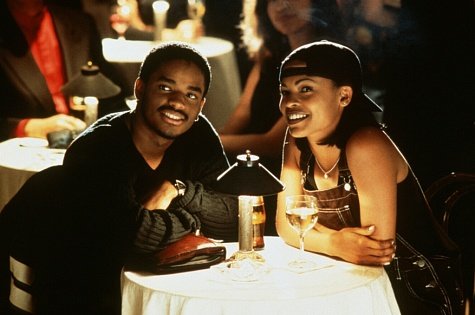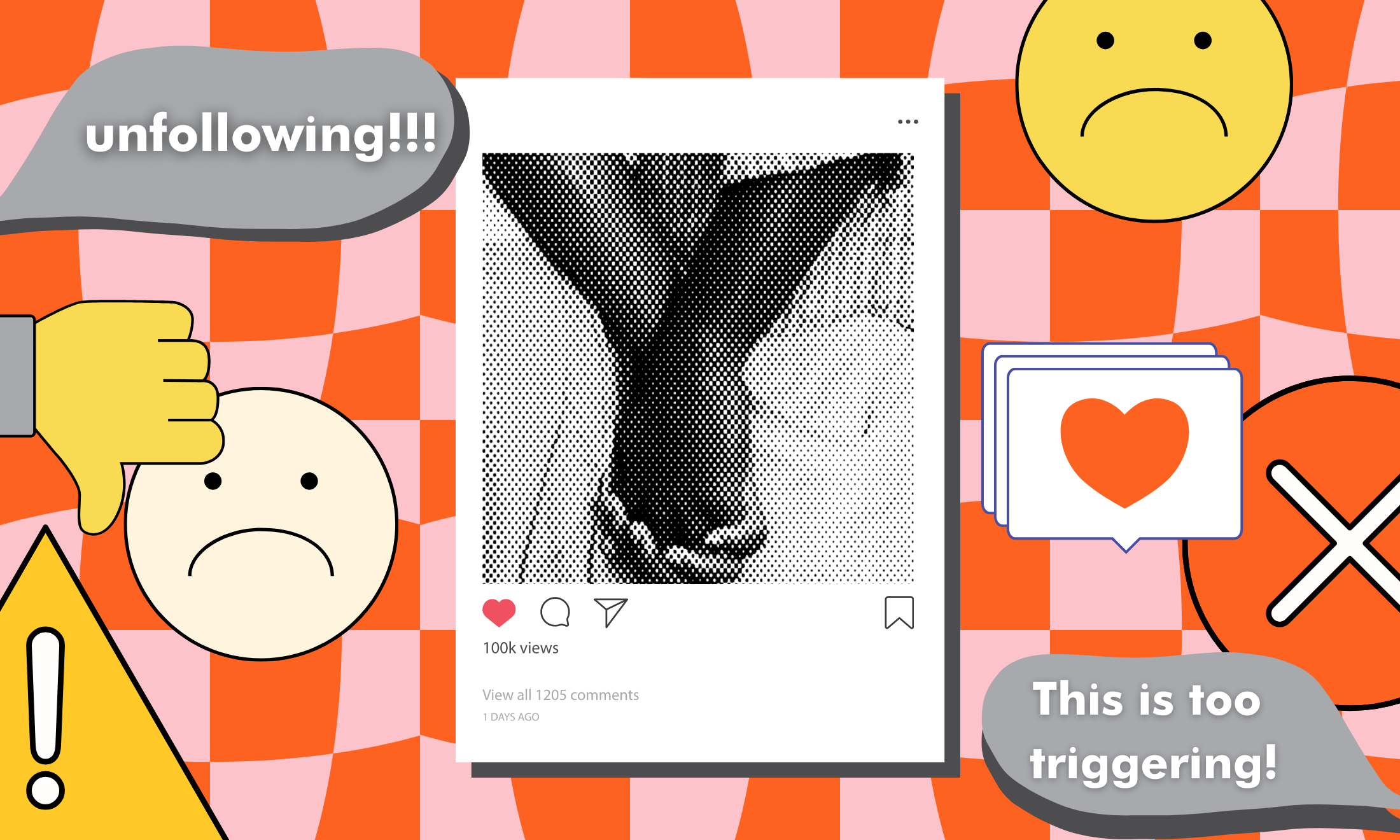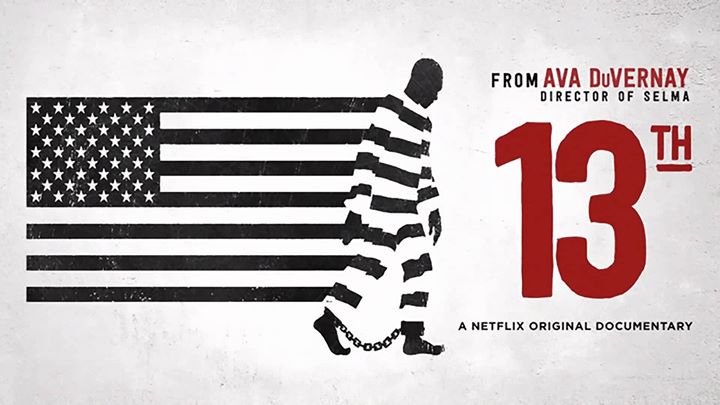
Last Tuesday marked the 20th anniversary of one of my favourite films of all time. It’s a sensational movie, a classic even, teeming with sensual artistry. If you’ve seen it, you’ll deep what I’m saying. If you haven’t, shame on you! But before I get into all that, let me take you back. No, not twenty years, to the days when I only knew CITV, but to six years ago when I became enamoured with a film that still captivates me.
It was hot. Sticky. One of those airless nights in August where sleep becomes mythology. So I did what every self-respecting teen does: I submitted to my insomnia and asked a friend for a good movie to watch. It was a risk to ask him for a movie title; he’s action movies, I’m rom-coms. Yet as I sifted through his list of “epic” films, one immediately called to me.
Love Jones was its title.
“The. Love. Jones”, I recited. Shit. It sounded perfect for me.
Still, as it was his suggestion I couldn’t let something as minuscule as a title sway me. I interrogated him for more details – the leading characters, the plotline, the themes. Ever a lover of ‘90s everything, Nia Long and Larenz Tate were enough to get me to load the film and I haven’t looked back since.
The film tracks Nina, an aspiring photographer played by Long, and Darius’ (Tate) seamless transition from a poetry club into a relationship despite their protests that they’re just “kicking it.” Their “situationship” becomes infinitely tricky when Nina decides to test Darius’ affection by visiting her ex-fiancé and hanging out with his boy. Darius’ determination to remain nonchalant despite his growing affection for Nina and his wandering affections further complicate their affair. Actually, their romance is complex, it rests in that uncomfortable boundary between love and sex and fails to completely categorise itself until the end of the film.
Perhaps this is because, as Darius’ highlights in his opening lines, love and sex are so deeply intertwined. He argues “romance is the possibility of the thing, it’s about the time between when you first meet some fine ass woman and when you first make love to her.” Yet it is clear their romance outlasts their first sexual encounter- which is of course, on the first date. Witcher’s classic weaves sex throughout the film. It is blatant but never vulgar. The many erotic interludes are just another expression of the character’s creative energy. They flow so effortlessly from Darius’ iconic lyrics such as “I’m the blues in your left thigh, I’m tryna become the funk in your right” and are taken wordlessly from Nina. Her character has the kind of intimidating confidence that allows her to walk through a door and undress her man. No questions, no greetings, just straight to business. The kind of woman I aspire to be.
The other female characters, Sheila, Josie and Troy all boldly defy the archetypal roles black women are cast in. Offering depth, nuance and brilliant appreciation for the arts that features heavily throughout the movie. As the New York Times outlines the piece remains “lulling bourgeois” and duly avoids criminality, violence or any of the other vices associated with black classics. To me, this is the basis of my attraction for Love Jones– the movie simply decolonises the black American experience. It portrays the ease with which black people debate, the intellectualism of casual gatherings and conversations. But most importantly, it flavours these conversations with jazz, African drumming and poetry. Charlie Parker and Duke Ellington’s classics sing quietly throughout the movie and anthems from Maxwell and Lauryn Hill can also be heard. For the first time when watching a classic, I saw the type of friendship circles I expected to have, the messy, passionate love that suited a wild thing like me. Love Jones became my first look at beauty and chaos that can occur when two creative souls collide.
Don’t get me wrong, as writer-director Theodore Witcher’s debut movie, Love Jones is not without its faults. Darius chasing a train, and taxi, their meetings in the rain offer a level of cliché that seems discordant with the subtlety of the film and the ending has always troubled me. The pair simply decides to give it another go after a years’ separation, it ends with Darius declaration of love and Nina’s uncertainty over the practicalities. I’m not sure if the voyeur in me expected another steamy session to end the piece or it merely felt more fitting. Whatever the case, I would have appreciated five more minutes.
In my view, the film has persisted alludes to a more majestic time. According to Ebert, Witcher aimed to “suggest a modern Chicago version of the Harlem Renaissance…the 1920s filtered through modern eyes” and he has done just that. Not only is this inspiring, I feel, Love Jones is an essential tale for a growing population of people of colour going through their own renaissance of sorts. Like Nina and Darius, we frequent spoken word nights, appreciate art and photography. Hell, even Nina’s mum jeans are back. Just as Witcher’s work pays homage to the 1920s, it is time for us to review these classic works, to appreciate a bygone era that is now starting to re-emerge.









